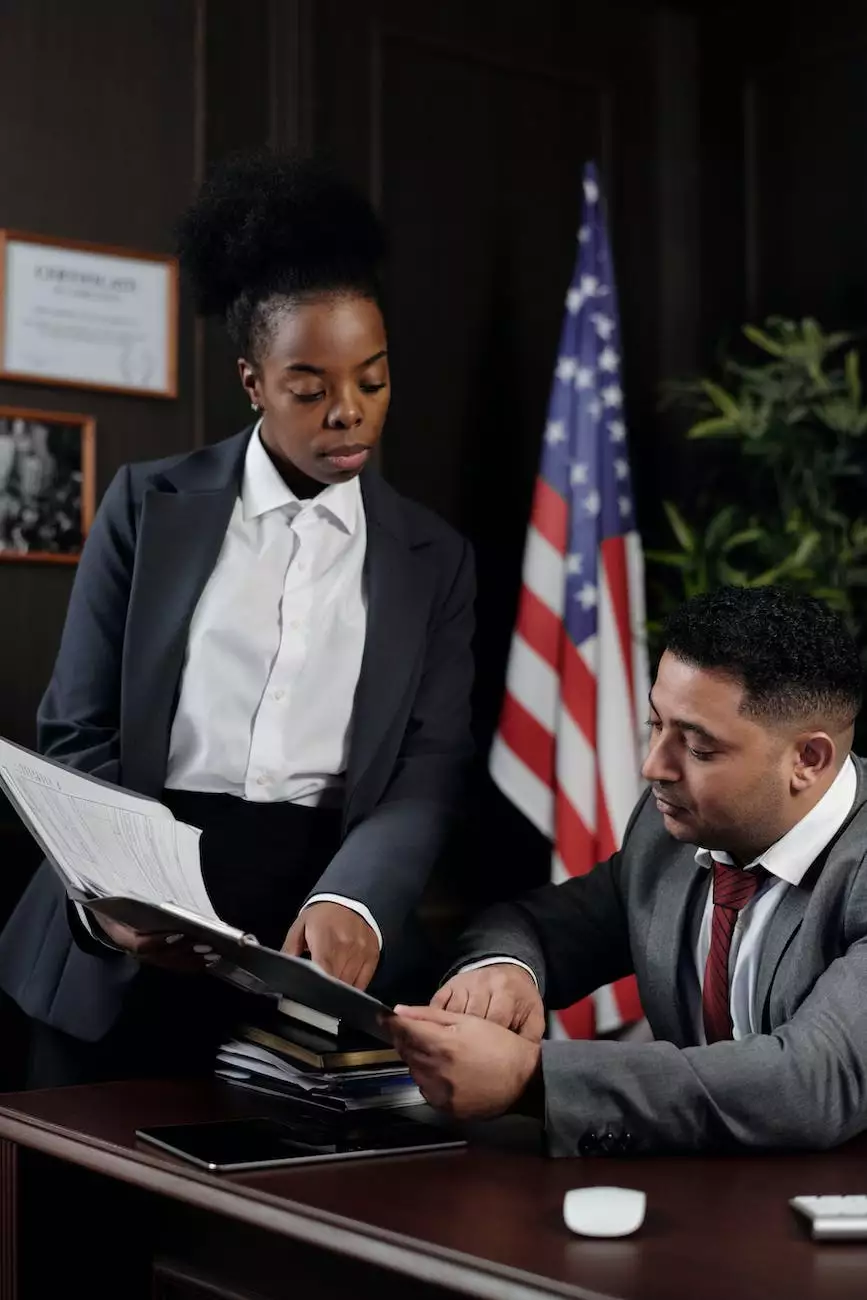Should I File With the EEOC Before Consulting an Attorney?

Introduction:
Welcome to John Hugh Shannon's comprehensive guide on whether to file with the EEOC (Equal Employment Opportunity Commission) before consulting an attorney. In the realm of law and government, this article aims to provide you with detailed insights and considerations when facing potential employment discrimination issues.
Understanding the EEOC:
The EEOC is a federal agency that enforces laws against workplace discrimination. It is responsible for investigating charges that allege violations of the Title VII of the Civil Rights Act, the Americans with Disabilities Act (ADA), the Age Discrimination in Employment Act (ADEA), and other federal laws that prohibit workplace discrimination. Filing a complaint with the EEOC is an important step in pursuing your legal rights.
The Importance of Consulting an Attorney:
While it is not mandatory to consult with an attorney before filing with the EEOC, it is highly recommended. An experienced employment attorney can provide valuable guidance throughout the entire process. They can assess the strength of your case, advise you on your rights, help gather evidence, and represent your interests during settlement negotiations or in court if necessary.
Factors to Consider:
Your Understanding of the Process:
Before deciding whether to involve an attorney, it is essential to understand the EEOC process. Familiarize yourself with the steps involved, the deadlines for filing, and the potential outcomes. Research the specific laws and regulations that apply to your situation to ensure you are informed.
Complexity of the Case:
Employment discrimination cases can be complex, involving intricate legalities and burdens of proof. If your case involves multiple legal claims, intricate facts, or potential obstacles, it is advisable to seek legal counsel. An attorney can navigate the complexities and provide you with the best possible chance for success.
Potential for Settlement:
An attorney can help you assess the potential for settlement. They have experience negotiating with employers and their legal teams to secure fair compensation or other forms of resolution. Having representation can significantly impact the outcome of settlement discussions.
Time Constraints:
Employment discrimination cases often have strict time limits within which you must file a complaint. Consulting an attorney early ensures that deadlines are not missed and that your interests are protected from the beginning of the process.
Benefits of Consulting an Attorney:
Engaging an attorney provides several benefits when facing employment discrimination. It includes:
Expert Legal Advice:
An attorney possesses expert knowledge of employment law and can provide tailored advice based on your specific circumstances. They can analyze the strength of your case and offer guidance on the best course of action.
Protection of Your Rights:
An attorney acts as your advocate, ensuring your rights are protected throughout the entire process. They understand the nuances of employment law and can craft strong arguments on your behalf.
Evidence Collection:
An attorney can assist in gathering evidence to support your claims. They can access resources, interview witnesses, and piece together a comprehensive case to strengthen your position.
Representation in Negotiations and Court:
If your case proceeds to settlement discussions or court, having an attorney by your side provides invaluable representation. They can negotiate on your behalf, increasing your chances for a favorable outcome.
Conclusion:
While you can file with the EEOC without first consulting an attorney, it is highly recommended to seek legal counsel to maximize your chances of a favorable outcome. John Hugh Shannon understands the complex nature of employment discrimination cases and can provide the expertise needed to navigate the process effectively. By consulting an experienced employment attorney, you gain a strategic advantage in protecting your rights and pursuing justice in the face of discrimination.




